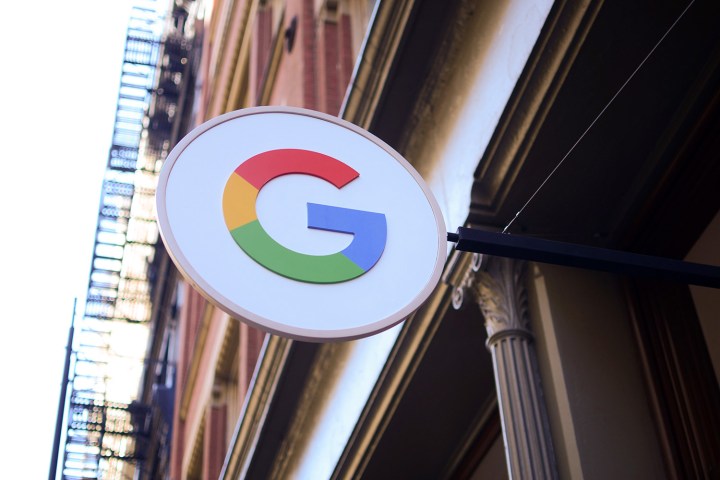Google will be paying Arizona $85 million in a settlement over a 2020 lawsuit that claimed the company was illegally tracking Android users for targeted advertising.
According to a report from Bloomberg, Attorney General Mark Brnovich filed a lawsuit in May 2020 claiming that Google violated the state’s Consumer Fraud Act by gathering location data from Android users, even after people turned off their location settings. At the time, Google’s own employees were confused about its privacy controls, admitting that it could use some fine-tuning so that when users deny the company permission to track their data, it has to respect their decision.

Google requested the Arizona state court to dismiss the case in January, arguing that state consumer law requires that alleged fraud would have to be linked to an advertisement or sale. The judge denied the company’s request. Brnovich’s office said in a statement on Tuesday that the $85 million settlement is the largest amount per individual user Google has paid in a lawsuit of this scale. “I’m proud of this historic settlement that proves no entity, not even big tech companies, is above the law,” he said.
Google spokesperson Jose Castaneda said in the company’s own statement that the lawsuit in Arizona was related to older product policies that have changed in recent years. “We provide straightforward controls and auto delete options for location data, and are always working to minimize the data we collect,” he said. “We are pleased to have this matter resolved and will continue to focus our attention on providing useful products for our users.”
Meanwhile, Google is facing lawsuits filed by other attorneys general in Indiana, Texas, and Washington, D.C. over similar data tracking complaints. Like the Arizona lawsuit, those filings stemmed from a 2018 Associated Press report about Google still tracking Android users’ location without their permission.
Editors' Recommendations
- Google is launching a powerful new AI app for your Android phone
- Google just announced 9 new features for your Android phone and watch
- Google to pay $392 million to 40 states in location-tracking settlement
- Google’s privacy sandbox to limit tracking on Android phones
- Google is making Android devices work better together with expanded Fast Pairing

